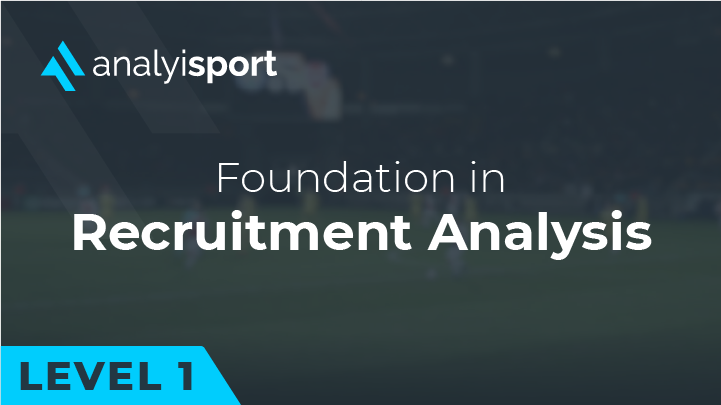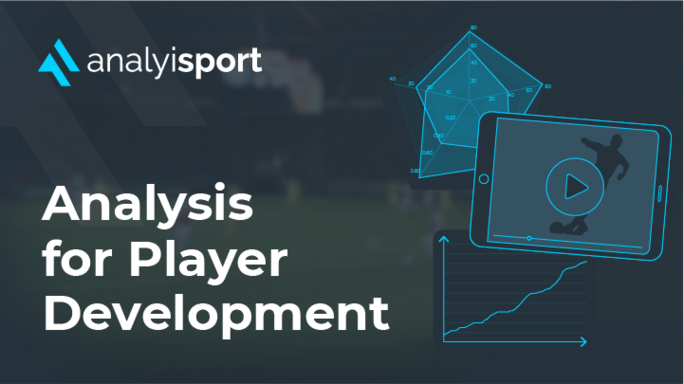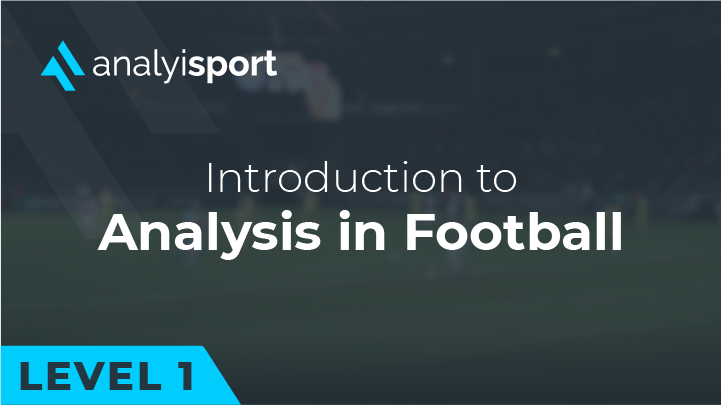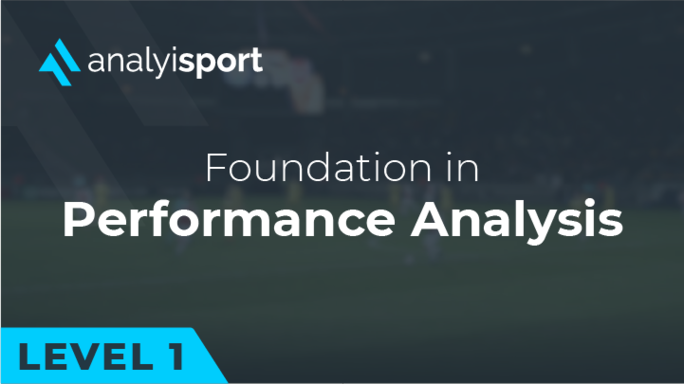How to choose a football performance analysis degree course
How to choose a football performance analysis degree course
If you’re thinking about a career as a performance analyst in football, the chances are you’ve had a look at the degree courses which offer a springboard into the role.
But going to university (or going back) is a big decision. It costs a lot of money, and takes time too. So is a degree in performance analysis worth it? And how do you choose the best course for you?
In this article, we’ll provide you with all the information you need to make your mind up. Our team of expert analysts come at this question from every angle. Some studied a football subject at university; others didn’t. Several of our team are hiring managers: the people who’ll be looking at your CV when you apply for jobs in the game.
Here, we draw on their expertise to give you the insider view of analysis degree courses.
What performance analysis courses are there?
First of all, let’s get clear about the courses we’re looking at.
There are lots of ways to study football at university. You can take an undergraduate degree or a postgraduate degree. You can study everything from coaching to sports science to sports marketing and the history of football.
But there are really only three ways to study football performance analysis at university.
- You can take a course on sports performance analysis, that includes a football element
- You can take a course on football performance analysis with football coaching or development
- You can take a course that focuses just on football performance analysis
If you’re looking at undergraduate degrees, 1) and 2) are your only options. As yet, there are no well-established UK undergraduate courses that focus solely on analysis in football.
A course in sports performance analysis is a good option if you’re not sure you want to work in football. You will learn a lot by studying other sports, and that learning might be useful even if you do end up in football.
A course in analysis coupled with coaching or development could also be a really good option. Understanding how coaches work is vital knowledge for an analyst.
There are Master’s courses for all three options. A Master’s in football performance analysis is a great choice if you know that’s what you want to do, you have an undergraduate degree already, and you can afford the course fees.
Are football analyst degree courses worth it?
To some extent, it depends on you. If you’re ready to work hard and make the most of it, a degree course could definitely make the difference between working in football or not. But it’s far from guaranteed to get you a job as an analyst.
On the one hand, a lot of analysts currently working in the game studied performance analysis at university. Several of our expert team got their start through a university work-placement, either directly or indirectly. A degree course in analysis gives you skills, knowledge, contacts and opportunities.
On the other hand, there are other routes into analysis. Lots of working analysts don’t have an analysis degree. You can teach yourself most of the key skills by taking online courses, and practising for yourself. You can gain real-world experience and contacts by volunteering, or by combining analysis with a role as a coach, scout or player.
If you’re unsure about a degree, it’s a good idea to take an online course or two first. A beginner’s course like our Level 1 Introduction to Analysis in Football will give you a good sense of what performance analysis involves, and whether you’ll be a good fit for it or not.
Choosing the right performance analysis degree course
If you decide to go ahead and study at university, there are lots of courses to choose between. So how do you decide? Here are our top tips.
Research the alumni
The best test of a degree course is what its students go on to do. By searching for the degree course on LinkedIn, you’ll be able to find people who have it on their CV. What jobs are they doing? Which clubs do they work for? What successes have they had? Note how long after graduating they got their first job.
Of course there are lots of other factors in play when someone is building a career. But if lots of professional analysts with good careers have done a course, that suggests it’s a good course.

Does it include a work placement or not?
A lot of degree courses in football performance analysis will include a work placement at a club.
Placements like this (sometimes called studentships) are really valuable. They allow you to get hands-on experience of the job, and make contacts in the game. They give you a huge boost in the job market, and sometimes a placement will even turn into a full-time job.
On many courses, it will be your responsibility to arrange your placement, often before you start your course. Other universities have partnerships with particular clubs.
Either way, the club you’re placed with makes a big difference. Some clubs have well-structured development programs with a track record of turning students into pros. Others see students more as overflow staff-members. These kinds of opportunities can still be really valuable, but you’ll learn a lot less than you would at a club that prioritises student development. So again, do your research before jumping into a placement.
To learn more about finding a placement, and making the most of it, take our course on Making the Most of Studentships and Internships. It’s CPD-accredited, so you can put it on your application to show clubs you’re serious about a placement opportunity.
Research the teaching staff
Find out who actually teaches the courses you’re looking at. Sometimes the teachers will be listed on the course website, but often you’ll have to do a bit of digging. Search LinkedIn, and ask around on forums like The Student Room. You can also email the university and ask about the course teachers. They won’t always be able to tell you, but often they will.
First of all, find out which teachers have worked in football, and which are academics. Academics who haven’t worked in football can still be really good teachers. In fact, they’ll often have insights about doing research and analysis which professionals don’t have. But it’s also beneficial to learn from people who’ve done the job. It’s not just what they know: it’s who they know. If you impress them, they might be able to connect you with someone in the game. This is especially important at postgraduate level.
For the teachers who work in football, ask:
- How long have they worked in football?
- What level do they work at?
- What have they achieved in football?
- Do they specialise in the role they’re teaching?
For academics, find out:
- What research have they published, and what’s it about?
- Have they collaborated with any clubs? What did they work on?
Are there any other options besides an analyst degree course?
Online courses are well-established in football. The FA offers courses in coaching and scouting, and various providers offer analysis courses. They’re a really good way to learn more about analysis, without committing to an expensive degree course.
Of course, we recommend that you study with us!
AnalyiSport offer the most comprehensive analysis course content, and we’re also the only analysis course provider who are fully CPD-accredited. That’s why we’re the online home of analysis in football.
To create our courses, we work with top analysts from the Premier League, Championship, La Liga, WSL and many more. You can see a selection of our experts here.
If you’re curious about all the different analysis roles in football, including technical scouting, a good starting point is our Introduction to Analysis in Football.
If you’re already sure you want to work in performance analysis, you could start with our Level 1 Foundation in Performance Analysis.
If you found this article helpful, please share it with anyone else you know who is thinking about studying performance analysis!
Related Courses:

- Level 1
- Course
Level 1: Foundation in Recruitment Analysis in Football
£70.00
Share this article
Our Learning Pathways
AnalyiSport is for everyone who is passionate about analysis in football. Where are you in your development journey?
Become a Football Scout
As more clubs than ever look to build data into their recruitment process, an understanding of recruitment analysis is your ticket to success in the game.
Related Articles
Our team provides news and insights from the cutting edge of football analysis.






